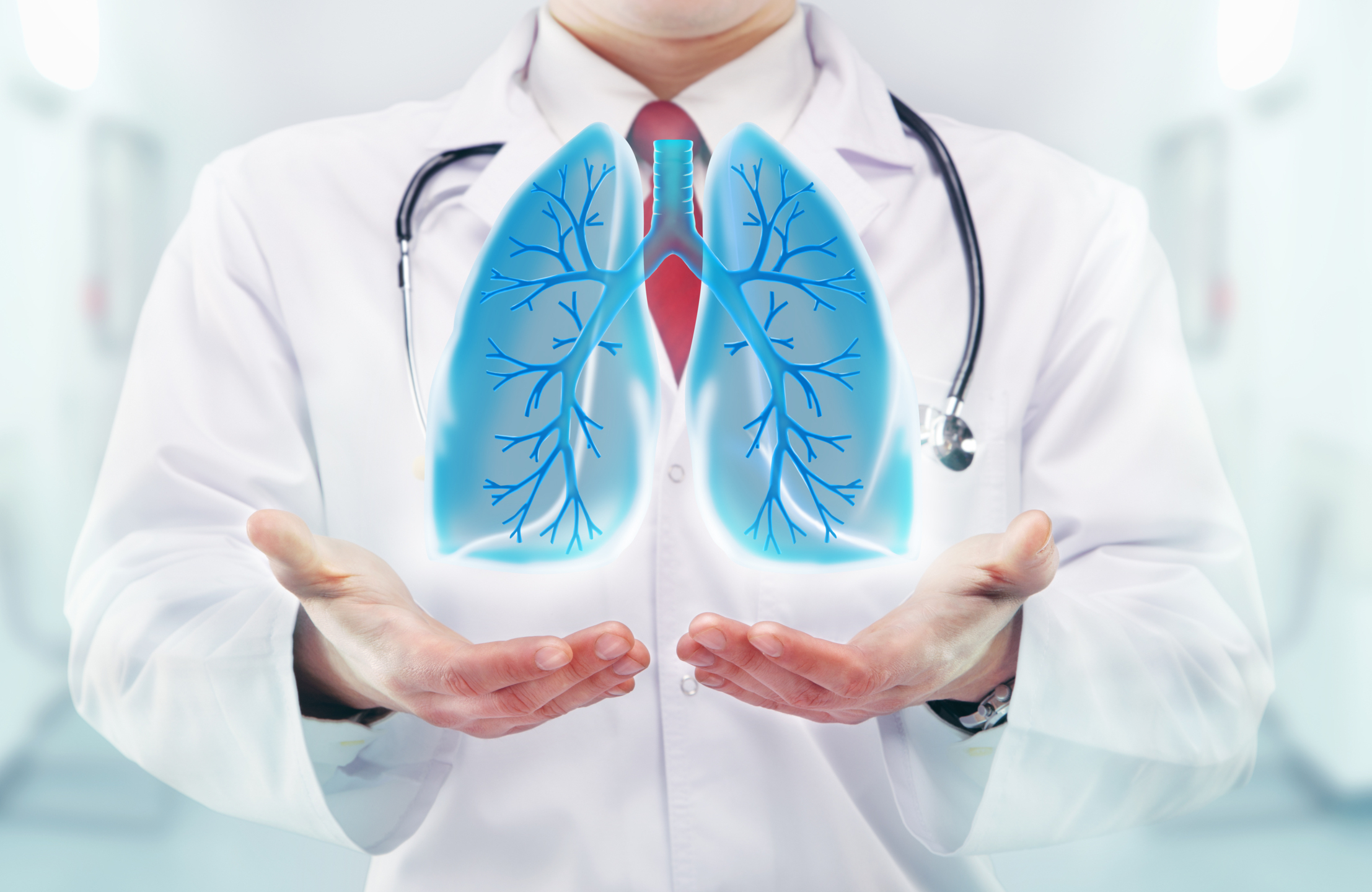
Pulmonologist
If you have a cough that lasts for a long time, or you have trouble breathing, your regular healthcare provider may suggest you see a pulmonologist. This specialist is an expert in diagnosing and treating lung-related health conditions. This is important especially when the condition may need long-term management.
What is a pulmonologist?
A pulmonologist is a doctor who specializes in lung conditions. A pulmonologist diagnoses and treats diseases of the respiratory system. You might hear these healthcare providers called lung doctors, lung specialists or chest doctors. In addition to your lungs, your respiratory system includes your nose, throat, trachea, airways, muscles and blood vessels.
What conditions do pulmonologists treat?
Pulmonologists treat conditions of the respiratory system, especially of the lungs. These conditions can be caused by things like inflammation, tissue overgrowth and infections. Many of these illnesses may require long-term, even lifelong, treatment plans. Your pulmonologist will work with your primary care doctor, and possibly other specialists, on treatment plans.
Some illnesses treated or managed by pulmonologists include, but aren’t limited to:
- Aspergillosis
- Asthma.
- Bronchiectasis.
- Bronchitis.
- Chronic obstructive pulmonary disease (COPD).
- COVID-19.
- Cystic fibrosis.
- Emphysema.
- Interstitial lung disease.
- Lung cancer.
- Pulmonary hypertension.
- Sarcoidosis.
- Sleep apnea.
- Tuberculosis.
A pulmonologist can also treat occupation-related lung diseases like:
- Asbestosis.
- Chronic beryllium disease (berylliosis)
- Coal workers’ pneumoconiosis (black lung disease).
- Silicosis.
What does a pulmonologist do?
A pulmonologist can diagnose and treat diseases of the respiratory system. They might have certain areas that they specialize in, like critical care, asthma or sleep medicine. They might also specialize in treating children (a pediatric pulmonologist) or the elderly (a geriatric pulmonologist).
Why would you need to see a pulmonologist?
If you have symptoms that your regular healthcare provider isn’t able to help you with, or if they think you would be better off seeing a specialist, they might refer you to a pulmonologist. Some of these signs and symptoms might include:
- A cough that doesn’t improve over time (chronic cough).
- Shortness of breath (dyspnea).
- Chest pain or tightness.
- Wheezing.
- Sleep apnea symptoms, like extreme tiredness or loud snoring.
- Dizziness.
If you’ve already been diagnosed with a respiratory condition, you may continue having scheduled appointments to manage your illness.

 WhatsApp
WhatsApp